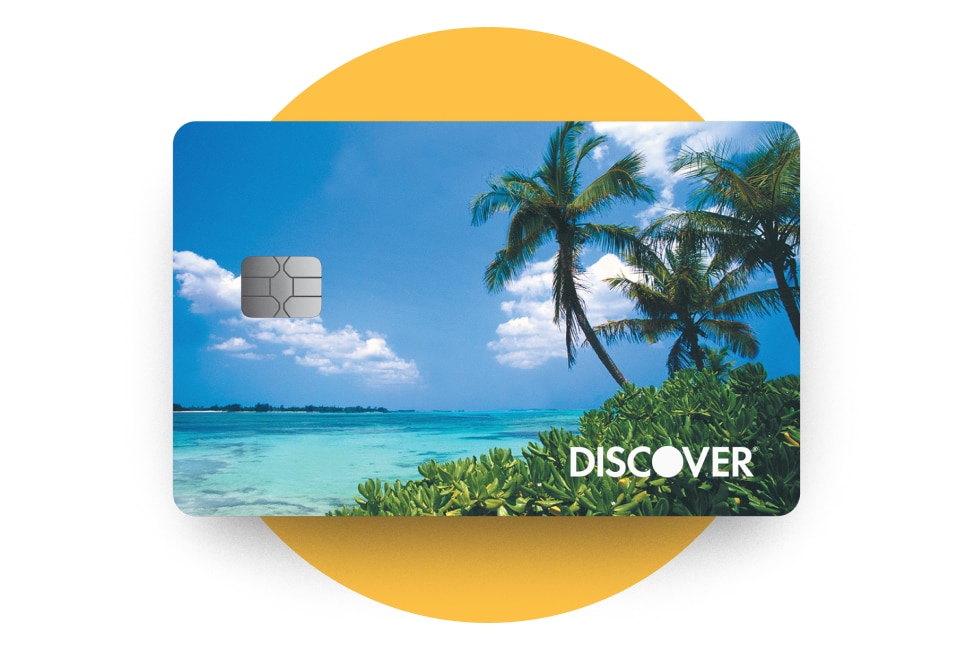
Credit card miles are credit card rewards that you may be able to redeem for travel expenses or even cash. Credit card miles reward you for using your card on everyday spending, so you can earn miles even without traveling. You can then redeem your miles to pay for travel, with the most flexible cards issuing a bank deposit or statement credit that you can use to cover hotels, flights, or other travel expenses.
Credit card miles are different than a frequent flyer program. Frequent flyer programs are typically loyalty based for a specific airline; you use your loyalty points and miles for future travel with that airline. Typically, the points or miles you earn accrues in your loyalty program account rather than in your credit card account. Some companies partner with a credit card issuer or network to offer what’s called a co-branded credit card (that’s a credit card that is issued by a bank in partnership with an airline, hotel, or other hospitality brand).
The best credit card for miles for you depends on what travel reward makes sense based on your purchases and how you want to redeem your travel rewards.







